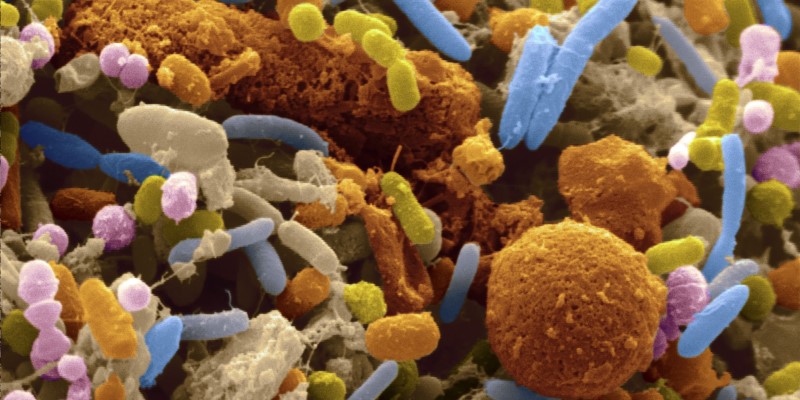Microbiome Vs Microbiota
- 21st September 2020
- Posted by: Claudine Gabriele
- Categories: Articles, Microbiome

This blog explains the difference between ‘microbiome’ and microbiota before going on to discuss microbiome analysis via microbiome bioinformatics.
What Is The Microbiome?
The collection of genomes of all the microorganisms found in a particular environment is a microbiome. Humans, plants, and other animals all have microbiomes. You can refer to the microbiome of an entire organism, or to a specific microbiome of a particular location on the organism. In fact, at Fios we use microbiome analysis on the microbiome of entire organisms and also on local microbiomes on organisms, for example one of the microbiome bioinformatics solutions we provide is gut microbiome analysis.
Microbiomes are individual to each organism and the diversity in microbiomes between individuals is huge. In fact, there can be a lot of variation in an individual’s microbiome makeup. In humans, there are a number of specific and separate microbiomes present. For example, skin, lungs and the gastrointestinal tract all have separate microbiomes. The combination of these microbiomes makes up a unique microbiome for each person.
Microbiome Vs Microbiota
Sometimes used interchangeably, these two terms have subtle differences. The microbiome refers to the collection of genomes from all the microorganisms in the environment.
Microbiota, on the other hand, usually refers to microorganisms that are found within a specific environment. Microbiota can refer to all the microorganisms found in an environment, including bacteria, viruses, and fungi. This means that there are localised differences in the microbiota of each person, depending on where in the body the microbiota is collected from. In fact, an individual’s gut microbiota can be radically different to their skin microbiota, so we need to take care when talking about where microbiota comes from. Due to our expertise in microbiome bioinformatics, Fios regularly conducts many different types of microbiome analysis, including skin microbiome analysis, gut microbiome analysis and lung microbiome analysis.

Why Is The Microbiome Important?
A cohort study as part of the Human Microbiome Project found that there may be more than 8 million unique genes associated with the microbiomes in the human body. Moreover, the total human microbiome may give a genetic contribution to each person several hundred times greater than their whole genome.
Of course, microbiomes aren’t only in humans. Take plants for example, in agriculture understanding a plant’s microbiome will help boost yields, by taking advantage of the microorganisms and their genes that already reside there.
For humans, the various microbiomes can have impacts on disease. In fact, microbiomes can broadly influence four different areas for humans: nutrition, immunity, behaviour and disease. For example, beneficial microbiota in the gut can help digest food that humans would be otherwise unable to break down. However, harmful microbiota can cause damage as well as various gastrointestinal diseases.
Microbiome Analysis
With the microbiome becoming more important in research, and the potential to create personalised medicine based on an individual’s microbiome, microbiome analysis is increasing in popularity. The gastrointestinal microbiome is the focus of current research as the majority of microbiota are found there. Also, analysis of the gastrointestinal microbiome occurs in the same way as analysis of any other genomic material.
Fios’ Experience
Fios has experience with a wide range of bioinformatics services such as agricultural genomics and clinical research to ensure that vaccines and drugs have the desired effects. We also have experience with a number of therapeutic areas related to microbiome analysis, including the gastrointestinal and respiratory systems.
What’s more, we have worked with a number of clients on microbiome analysis, including a European project for MAARS.
If you have a similar project in mind, or want to learn more about microbiome bioinformatics, contact us today.
References
The Human Microbiome Project: Extending the definition of what constitutes a human
Leave a Reply
You must be logged in to post a comment.

